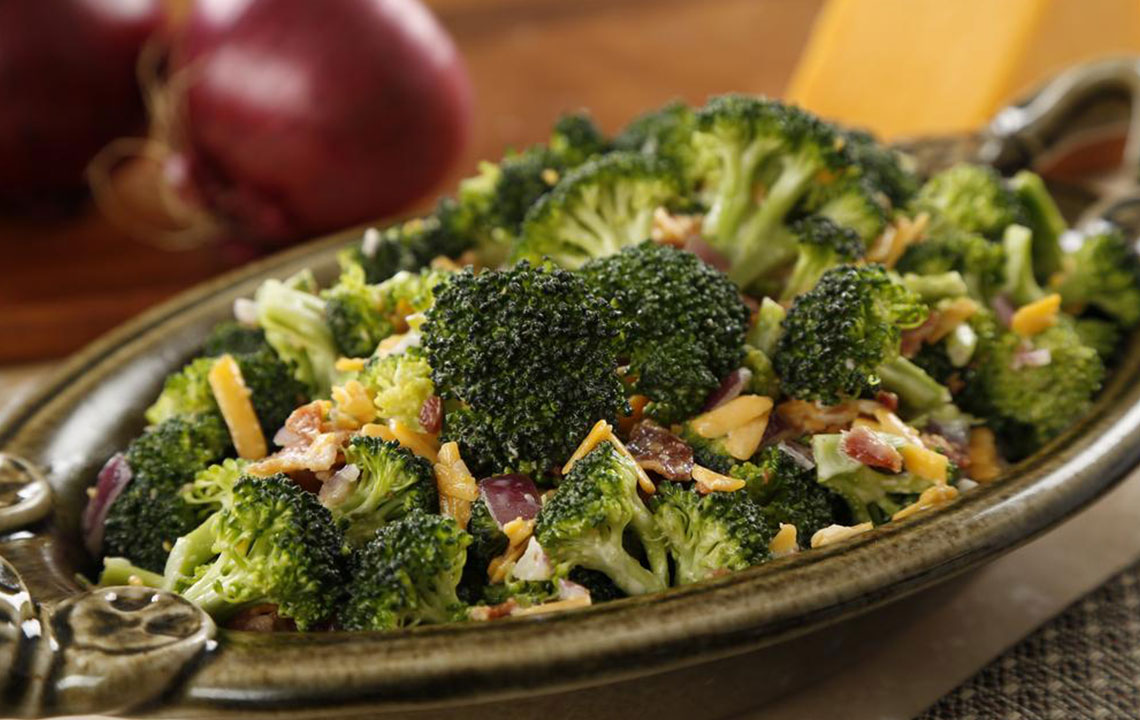Effective Dietary Strategies for Managing Irritable Bowel Syndrome
Discover effective dietary strategies for managing Irritable Bowel Syndrome. Learn which foods to avoid and include, tailored tips for constipation and diarrhea, and lifestyle advice to alleviate symptoms. Proper diet and lifestyle adjustments can significantly enhance quality of life for IBS sufferers.

Effective Dietary Strategies for Managing Irritable Bowel Syndrome
Irritable Bowel Syndrome (IBS) significantly impacts dietary choices, with symptoms varying among individuals. Tracking foods that trigger flare-ups is essential for better symptom control. Recognizing these triggers helps prevent issues like diarrhea, bloating, abdominal pain, and constipation. Following tailored IBS diet plans can improve quality of life by avoiding problematic foods and incorporating beneficial nutrients. A well-structured diet can reduce discomfort and promote digestive health, allowing sufferers to live more comfortably and maintain daily routines effectively.
IBS and Constipation
Certain foods can exacerbate IBS-related constipation. To manage symptoms, avoid these items and opt for healthier options. Recommendations include:
Coffee
Carbonated beverages
Alcohol
Dairy products, especially cheese
Refined grain breads and cereals
Processed foods
High-protein diets
Reducing intake of these foods, alongside increasing fiber consumption by 2-3 grams daily, can be beneficial. Incorporate sources like whole grains, beans, fruits, vegetables, dried fruits, and prune juice—rich in sorbitol—moderately. Staying hydrated by drinking plenty of water supports digestive health, potentially easing IBS symptoms.
For IBS with diarrhea, dietary management involves specific adjustments. Avoid fiber-rich foods that are difficult to digest, particularly insoluble fiber from vegetable and fruit skins. Also, steer clear of chocolate drinks, caffeine, sorbitol, and fructose. Large meals, fried and fatty foods, and carbonated drinks should be avoided. If lactose intolerant or gluten-sensitive, eliminate dairy and wheat products accordingly. Recommended dietary strategies include:
Consuming smaller, more frequent meals
Eating soluble fiber sources like oats, barley, bananas, and brown rice
Avoiding cold foods together with hot foods
Not drinking water during meals
Excluding onions, broccoli, and cabbage from diet
Additional triggers should be discussed with a healthcare provider. Following a personalized IBS diet and treatment plan can mitigate symptoms. Practice mindful eating—avoid eating while distracted, eat slowly, and limit gum chewing to reduce stress-related triggers. Regular exercise and stress management are also beneficial for symptom relief and overall well-being.
Though the exact cause of IBS remains unclear, aspects like hormonal changes, genetics, and stress may play a role. Women are more prone than men, likely due to hormonal fluctuations. Early intervention with diet and medical treatment is crucial to prevent long-term discomfort. Leading a balanced, stress-free life can significantly improve management and quality of life for IBS sufferers.










